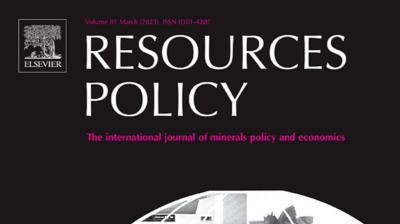Tax bargains in poorly regulated countries: Lobbying and the shaping of tax policies in Tanzania
Studies of how government policies are influenced in developing countries have emphasized challenges of corruption. We know much less about the effects of lobbyism, understood as concerted efforts to affect government policy through legal, rule-based means. Exploring the increasingly more active role of interest groups and business associations in shaping tax policies in Tanzania, we analyze the introduction of the 2014 VAT act in Tanzania. We find that business associations, multinational companies and other lobby groups worked purposefully and managed to reshape the VAT act in accordance with their own interest. Despite the dominant governing party´s position, the government had limited ability to instruct members of the Cabinet and individual MPs who proved to be receptive when confronted by an increasingly professional group of lobbyists. Challenging the perceived clear-cut distinction between corruption and lobbyism, our analysis emphasizes the hybrid character of political institutions and lobbying. The study demonstrates that uncoordinated public policy and lack of regulation on lobbyism challenge policy formulation resulting in outcomes that appear unpredictable and sub-optimal from a revenue perspective.






